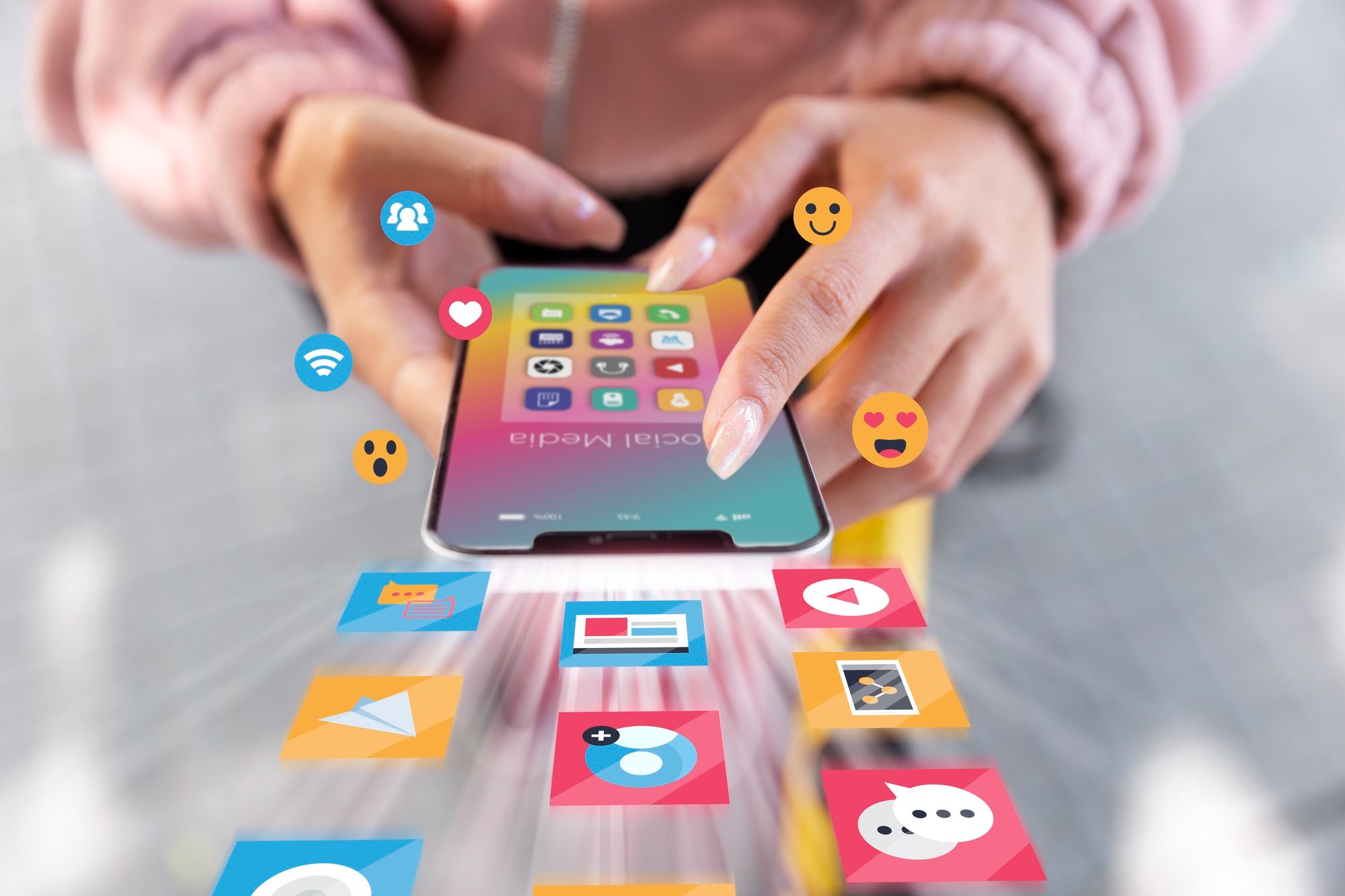B2B Social Media Advertising: Your Complete Guide to Platforms, Ads, and Strategies

Social media advertising is not just for B2C brands and influencers. B2B companies are increasingly leveraging these platforms for both lead generation and talent acquisition. But with so many platforms and ad formats, how do you create a strategy that delivers?
Understanding Your B2B Social Media Goals
Before diving in, it's crucial to define your objectives:
Lead Generation: Are you looking to attract high-quality leads and drive them through your sales funnel?
Employer Branding: Do you want to showcase your company culture, attract top talent, and build a strong employer brand?
Brand Awareness: Do you want to increase your brand's visibility and reach within your industry?
These goals often overlap, but understanding your priorities will help you choose the right platforms and tactics.
The Best Social Media Platforms for B2B
1. LinkedIn: The undisputed champion for B2B, LinkedIn offers powerful targeting options (job title, industry, company size) and a professional audience. Sponsored content, InMail campaigns, and text/dynamic ads are great for both lead generation and employer branding.
2. Facebook: While primarily B2C, Facebook can be effective for B2B if you target niche audiences through interest-based targeting and lookalike audiences. Video ads and lead generation forms can be particularly effective.
3. Instagram: This visually-driven platform is ideal for showcasing company culture, highlighting employee stories, and humanizing your brand for recruitment purposes.
4. YouTube: Long-form video content allows for in-depth thought leadership and product demonstrations, perfect for lead nurturing and building credibility.
5. X (formerly Twitter): Quick updates, industry news, and engaging with potential customers/talent make X/Twitter a valuable platform for brand awareness and networking.
6. TikTok: Though newer to B2B, TikTok can be surprisingly effective for creative employer branding campaigns, particularly if you're targeting a younger workforce.
7. Glassdoor: While not a traditional "social media" platform, Glassdoor is essential for employer branding. Positive reviews and company insights can attract top talent.
Choosing the Right Ad Formats for Your Goals
Sponsored Content: (LinkedIn, Facebook, Twitter) Native ads that blend into users' feeds, ideal for brand awareness and lead generation.
InMail Campaigns: (LinkedIn) Direct messages to targeted users, perfect for personalized outreach and lead nurturing.
Video Ads: (YouTube, Facebook, Instagram, LinkedIn) Engaging video content for showcasing your brand, products, or company culture.
Text/Dynamic Ads: (LinkedIn) Simple yet effective for generating awareness and promoting specific offers.
Tailoring Your Strategy: Lead Generation vs. Employer Branding
YourYour social media strategy should have three distinct tracks:
1. Lead Generation:
Focus on platforms like LinkedIn, Facebook, and YouTube.
Use targeted ads, lead generation forms, and retargeting to capture leads.
Track conversions and optimize campaigns for maximum ROI.
2. Employer Branding:
Highlight your company culture on Instagram, TikTok, and Glassdoor.
Share employee testimonials and stories.
Engage with potential candidates and answer questions.
Monitor brand sentiment and address any negative feedback.
3. Brand Awareness:
Utilize a variety of platforms to reach a broad audience. (X/Twitter can be particularly effective here.)
Create informative and engaging content that showcases your industry expertise (blog posts, whitepapers, infographics).
Run contests and giveaways to generate excitement and interaction.
Track impressions, engagement, and brand mentions to measure success.
Yo Marketing Can Help You Win at B2B Social Media
Creating a successful B2B social media strategy requires expertise and a deep understanding of your target audience. At Yo Marketing, we specialize in developing comprehensive social media campaigns that deliver measurable results.
We'll help you:
1. Identify the right platforms for your goals.
2. Create engaging content that resonates with your audience.
3. Optimize your ad campaigns for maximum ROI.
4. Measure and analyze your results to continuously improve.
Ready to take your B2B social media to the next level? Contact Yo Marketing today for a free consultation!














